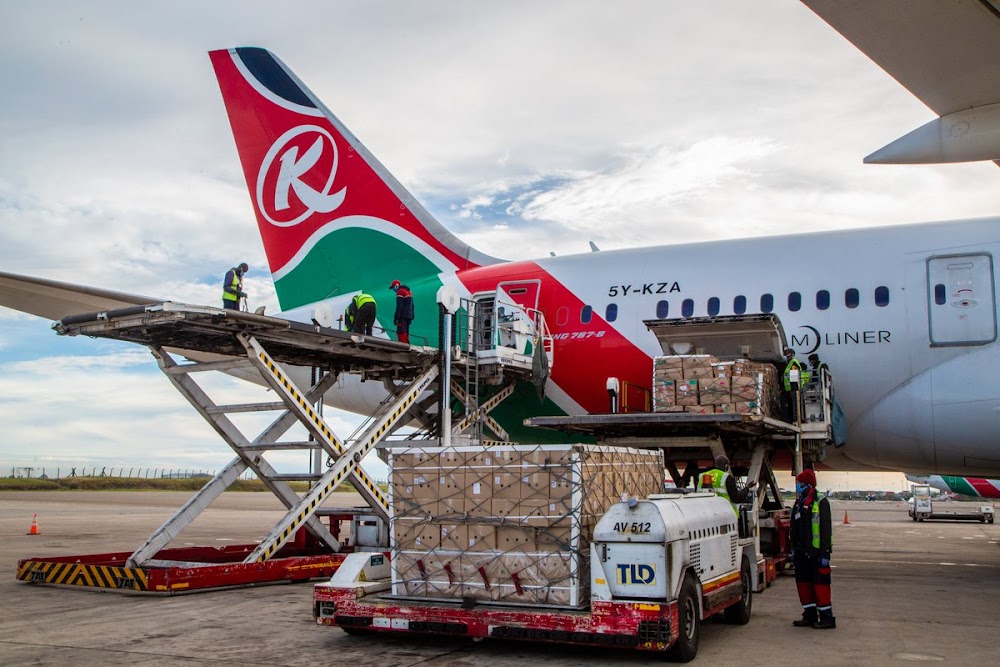African Airlines handling cargo have taken a hit from the rising inflation, reporting a 2.4 percent drop in cargo demand on a year on year basis.
The International Air Transport Association (IATA) in its latest May 2023 report on global air cargo markets shows that despite the drop in demand, African airlines have increased their capacity compared to the previous year.
The report highlights a notable slowdown in the growth of the Africa to Asia trade route, decreasing from 18.5 percent in April to 11 percent in May, possibly as a result of the conflict in Sudan since mid-April.
IATA says that the capacity in May has shown a 9.2 percent increase compared to the same month in 2022. IATA, Director General Willie Walsh, acknowledges the challenging trading conditions for air cargo, noting that the sector will pick up once the weak economic indicators have corrected.
Globally, the demand for air cargo, measured in cargo tonne-kilometers (CTKs), has fallen by 5.2 percent compared to May 2022, with a decline of 6 percent reported for international operations.
“Trading conditions for air cargo continue to be challenging with a 5.2pc fall in demand and several economic indicators pointing towards weakness. The second half of the year, however, should bring some improvements,” said Walsh.
He said as inflation moderates in many markets, it is widely expected that central bank rate hikes will taper. This should help stimulate economic activity with a positive impact on demand for air cargo.
Meanwhile, available cargo tonne-kilometers (ACTKs), which measure capacity, have risen by 14.5 percent compared to May 2022, primarily driven by the increase in belly capacity as passenger demand recovers.
Data shows that the capacity now exceeds May 2019 (pre-pandemic) levels by 5.9 percent. However, he expresses optimism for the second half of the year, expecting improvements as inflation moderates in many markets and central bank rate hikes taper.
his is anticipated to stimulate economic activity and have a positive impact on the demand for air cargo. In the Asia-Pacific region, airlines have witnessed a 3.3percent decrease in air cargo volumes compared to May 2022, attributed to a more significant annual contraction in international air cargo demand from -3.5percent in April to -6.4percent in May.
Available capacity in the region, on the other hand, has increased by 38.3percent compared to May 2022, with the addition of more belly capacity from the passenger business.
North American carriers have experienced the weakest performance among all regions for the third consecutive month, with an 8.1percent decrease in cargo volumes in May 2023 compared to the same month in 2022, despite a slight 1.2percent increase in capacity.
European carriers and Middle Eastern carriers have both seen year-on-year decreases in cargo volumes in May 2023, with declines of 6.7percent and 3.1percent respectively. Only Latin American carriers have shown positive performance, posting a 3.6percent increase in cargo volumes compared to May 2022, while capacity increased by 14.7percent compared to the same month last year.




